The best thing about social media is meeting people with whom you have an instant sense of familiarity. This was the case for me and Baba Tree Baskets founder Greg MacCarthy. No he is not in the NBA as the title may suggest. He is however another great artrepreneur ready to share his wisdom (just as good!). His company doggedly shuns the title of foundation, charity or NGO. His company is a fully-fledged credible business. Gregory, a beautifully cantankerous and self-deprecating Canadian, started the company in 2004 in Bolgatanga, Northern Ghana on the premise of ‘compassionate’ trade. That is, that we consumers reject fast fashion and pay a price that can provide a living wage to producers, even after the trendiness of fair and ethical trade wanes.
When I approached Gregory for an interview after several LOL email exchanges, he scoffed and said “I’m the worst business person in the world”. I could not disagree more. Gregory demonstrates that artrepreneurship is often as much about passion, quality and ethical standards as dollar signs. For the 7th edition of the Designed to Succeed series, read Gregory’s top business lessons derived from 10 years at the helm of what he calls “the grandeur, dysfunction and grooving mayhem” of the Baba Tree Headquarters.
Tip 1: Know thyself and then delegate
GM: “I’ve been so busy I haven’t checked the numbers in two months! We co-create magic here in the form of our collective dedication to quality. I work on production, somewhat at the design stage developing colorways and thinking about shapes, but am really terrible and lazy with numbers. I’m not hard-nosed enough sometimes on the business end of things and I’m terrible at marketing which is a totally new skill nowadays. I honestly never thought the day would come when I could have a social media person full time. Basically, I’m so busy that everything would be done in a kind of half-arsed way if I chose not to delegate.”
Tip 2: Grow at your own pace
GM: “We turn down orders all the time. In this part of the world, especially in the case of large orders, you have to avoid getting strung into a straight-jacket by agreeing to designs that have to be exactly a certain measurement and the exact hue of a color. When one allows that to happen all of a sudden they find themselves with a square pegs-round holes type dilemma. Do not subject yourself to a Western or Asian production sensibility which just cannot work for you. Focus on quality and your production style. Once you build a reputation for quality and hitting timelines, then you can better dictate the terms of business relationships. This will allow you the room to move, adapt and improvise within the production parameters you set up based on your own first-hand experience of what is doable and realistic.”
Tip 3: Understand your production cycle
GM: “Here the simplest of tasks can take a Herculean effort. Our production was handcuffed for days because we couldn’t get ink for our printer! We have a hell of a time keeping up with just the Jemima 10 Cows and Wave design basket orders we have per month. We could be creating new designs if it weren’t for the fact that we have trouble keeping up with the limited amount of designs that we currently produce! But our production takes a heavy hit due to funeral culture in Ghana. This year there has been more funerals than I have ever seen. Additionally, this has been a very heavy rainy season and many of my weavers crops have been destroyed and others can no longer cross the swollen river banks to come to work. Once the rains come weavers must now start sowing and farming and our production takes another hit. On the other hand, in August when it was school holidays, the company was inundated with young people learning the craft. All who were on piece work (weavers and leather workers) worked like hell – it’s very impressive. Incredible dedication. This helps sustain us in down periods.”
Tip 4: Never compromise your brand for the marketplace
GM: “People are so used to getting woven baskets ‘China Cheap’. Being the stubborn bastard that I am (and, perhaps, naive) I am not willing to produce or sell China Cheap products. But the fact remains that people are used to buying these baskets – of generally mediocre quality – for really cheap. People are quite surprised when they see our prices. That, in addition to having been hit by Brexit and the looming Canada Post strike has made things even harder. However, our focus is on the excellence produced here and rural community development and so our pricing structure is not something we are willing to compromise on. We do get those brave souls who have been retailing these types of baskets since the dawn of time who allow themselves to be charmed by the Baba Tree, so they take a chance and order wholesale with us. Then they see the jaw dropping difference in quality when their order arrives.”
Tip 5: Give your distribution strategy serious thought
GM: “We had a two year sabbatical in the early years of the company after some initial business missteps. We had to restart from scratch – this time with a completely different model. We began shipping straight from Bolgatanga rather than the original model of shipping containers full of baskets to Vancouver to distribute product globally from there. Our profit margins on wholesale were just too slim. That is one of the reasons why we started our retail website – so that myself, and the weavers with whom I work, make more money. Even still, the retail website has not taking off as it should. I don’t know if it is because we are the most expensive basket makers out there, lack intelligent marketing on our part, or if people are afraid to order products directly out of Africa owing to the fact that they think they’re money might disappear down a black hole or perhaps they think they will get Ebola from our baskets. It could be a combo of all three….We are still outlining the best sales strategy for our business a decade in.”
Tip 6: Choose your buyers
GM: “We also think about who we want to deal with on a wholesale basis. Are we targeting big chains who are swallowing smaller businesses by the day, are very demanding and where you might be in favor for just a season? Or do we want to deal with small to medium sized businesses that are the backbone of the economy and generally show much more passion and appreciation for what we do? I think you can guess the answer to that one.”
Bolgatanga is a town that even I as a Ghanaian national have ashamedly never set foot in but now am all the more eager to visit. Gregory’s Instagram page shows the area as a land of endurance, laughter and camaraderie. It takes about 25,000 knots (where warp meets weft) to make a 16 inch Baba Tree basket woven by expert, calloused hands. We might all ask ourselves whether it makes sense to buy a $100 African basket for our home storage and décor needs. But then I might also ask you how much 36 to 100 hours of your work is worth…Shop Baba Tree Baskets here!


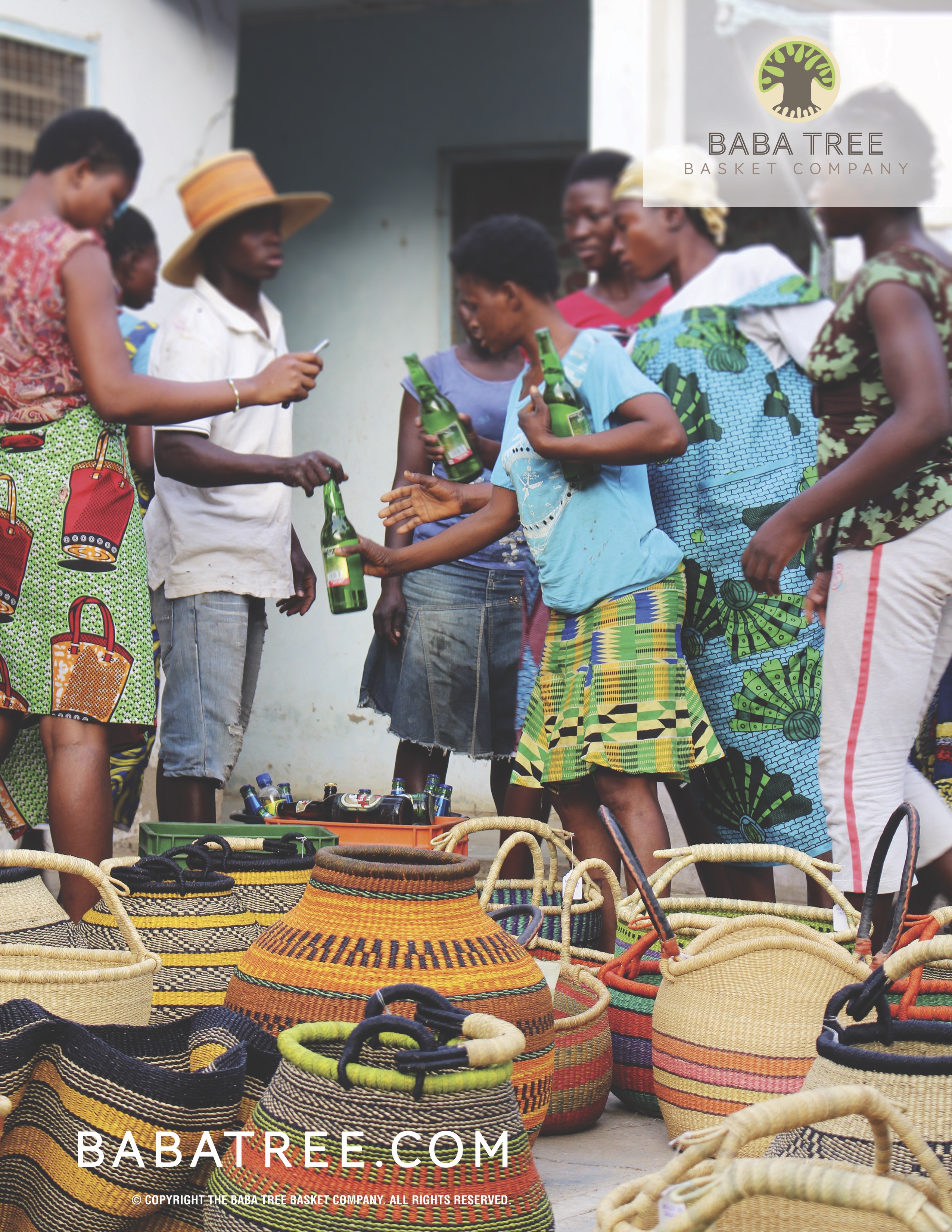
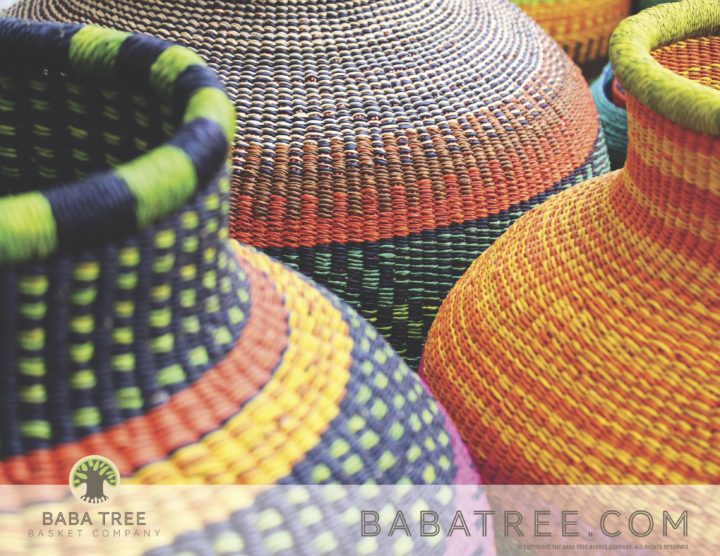
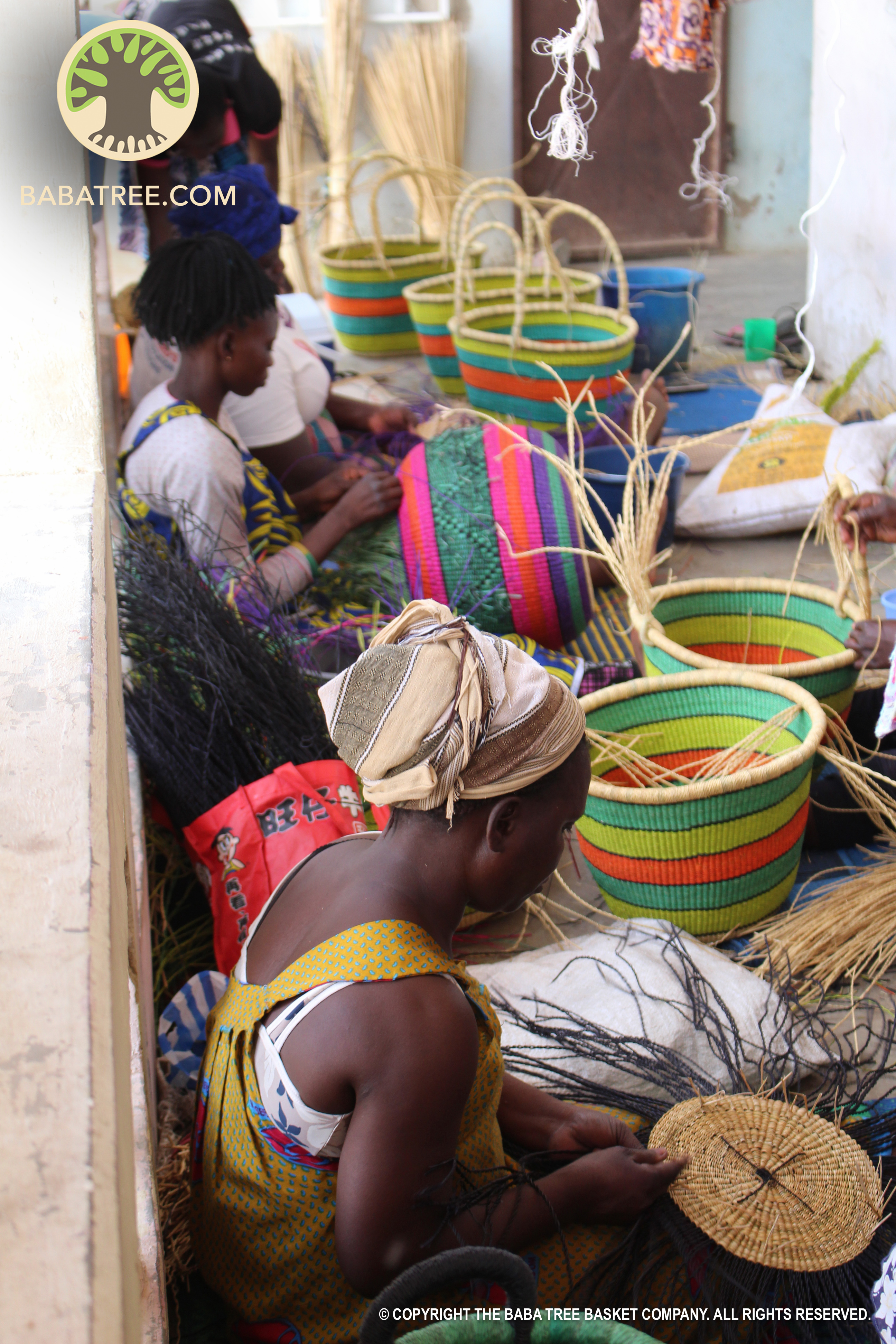
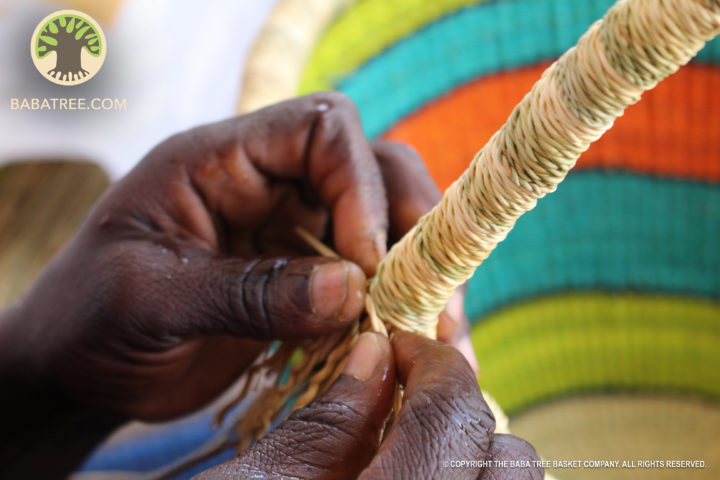
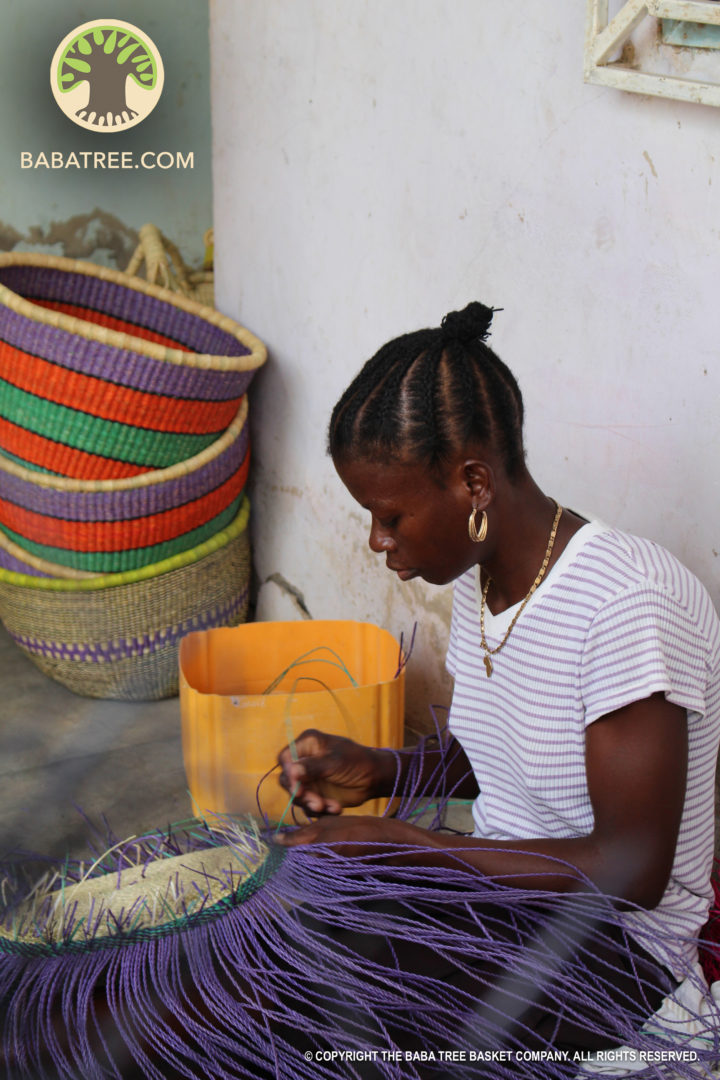
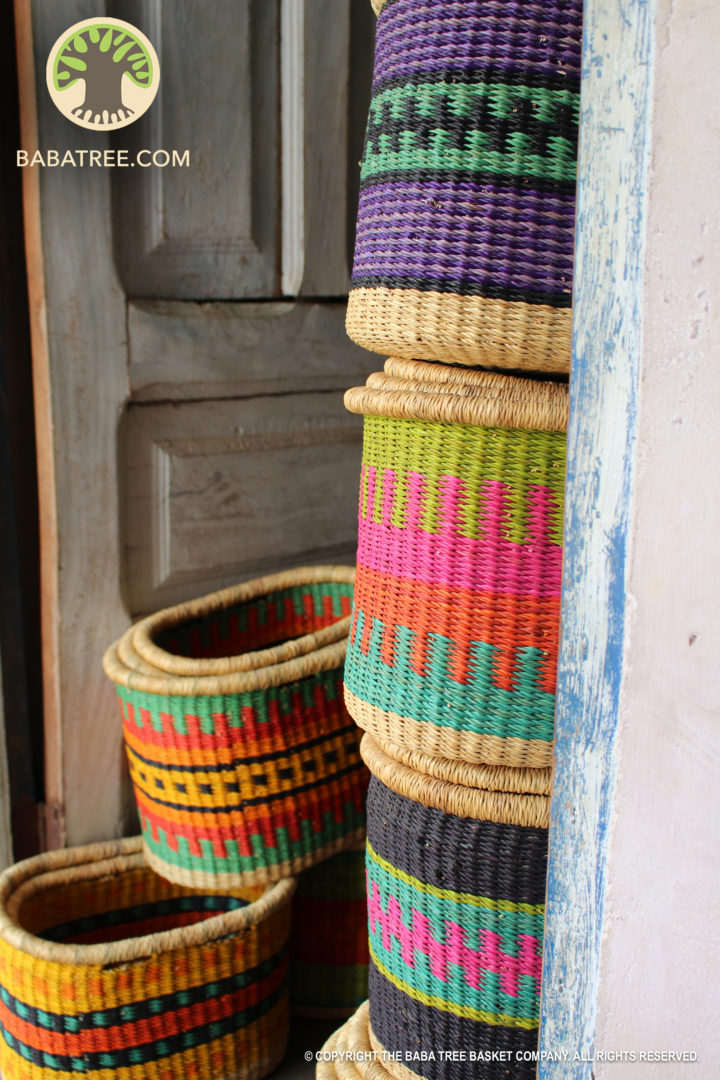
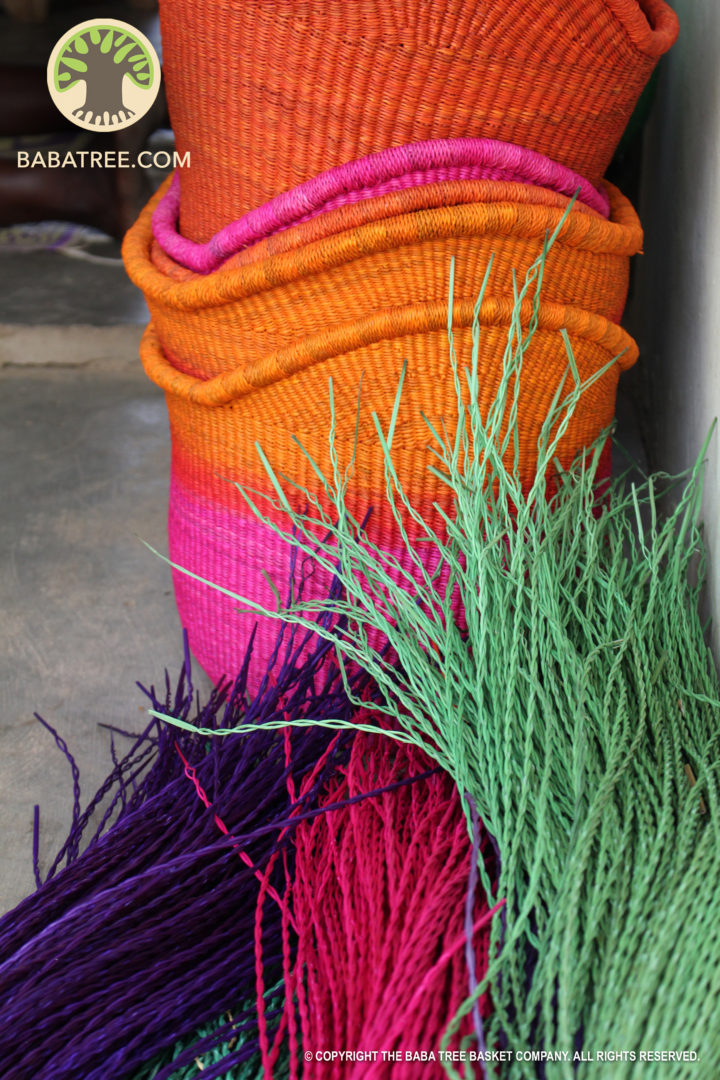
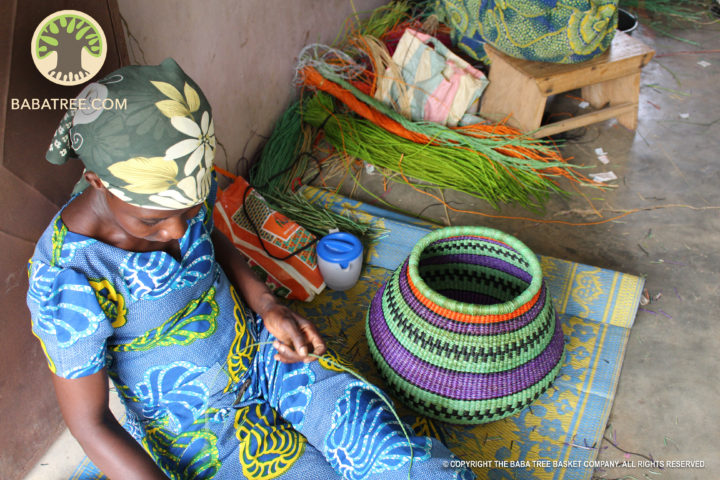
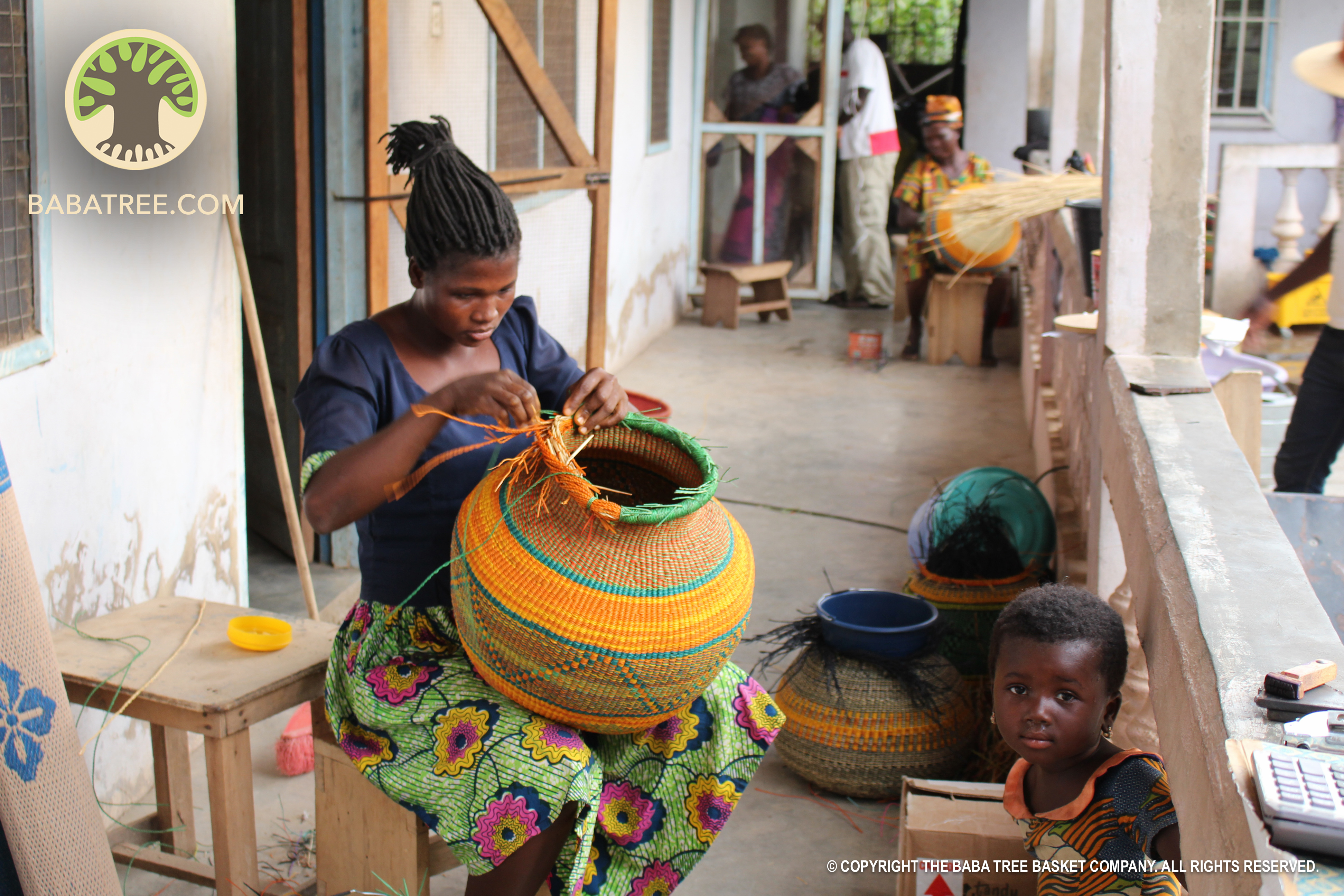
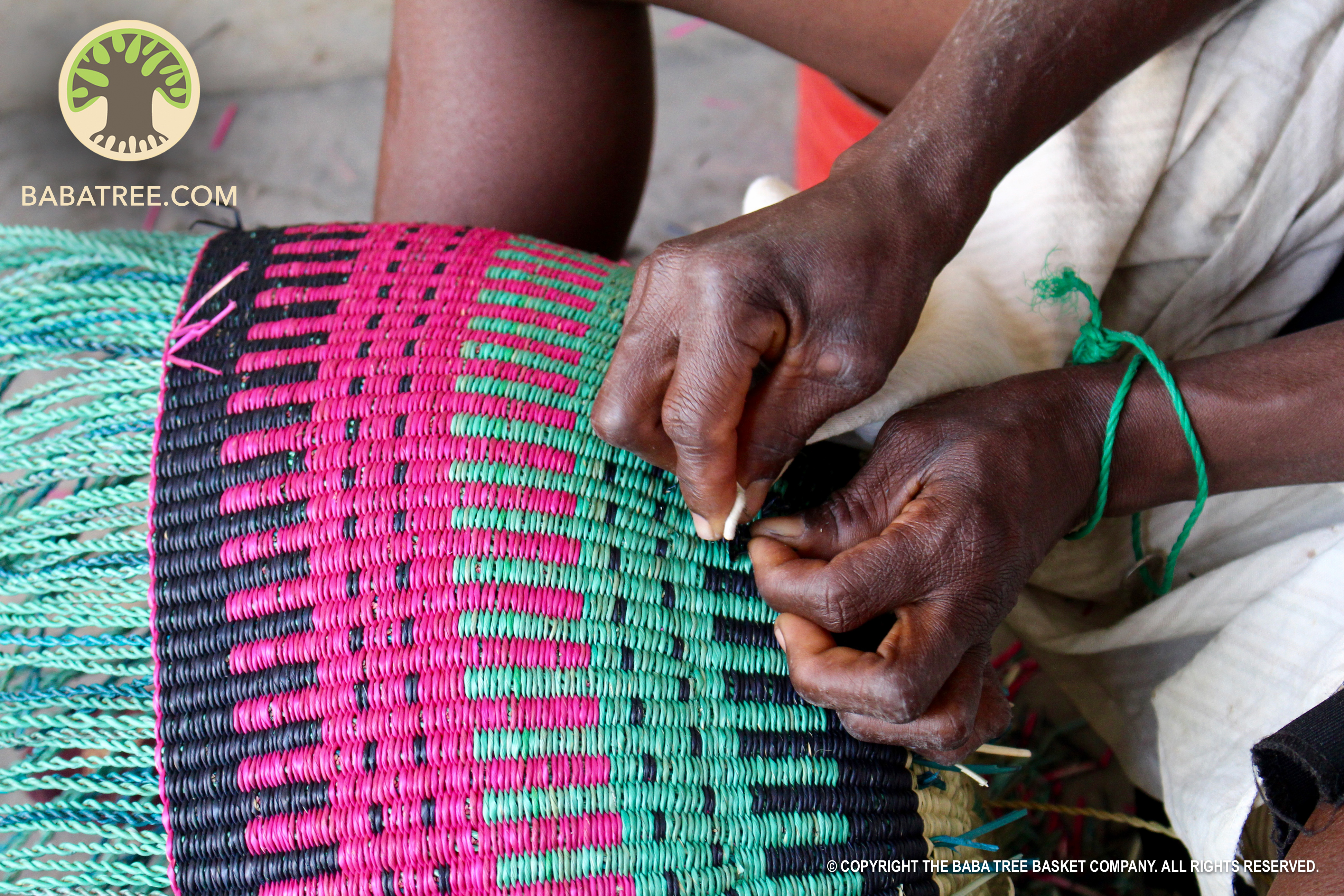
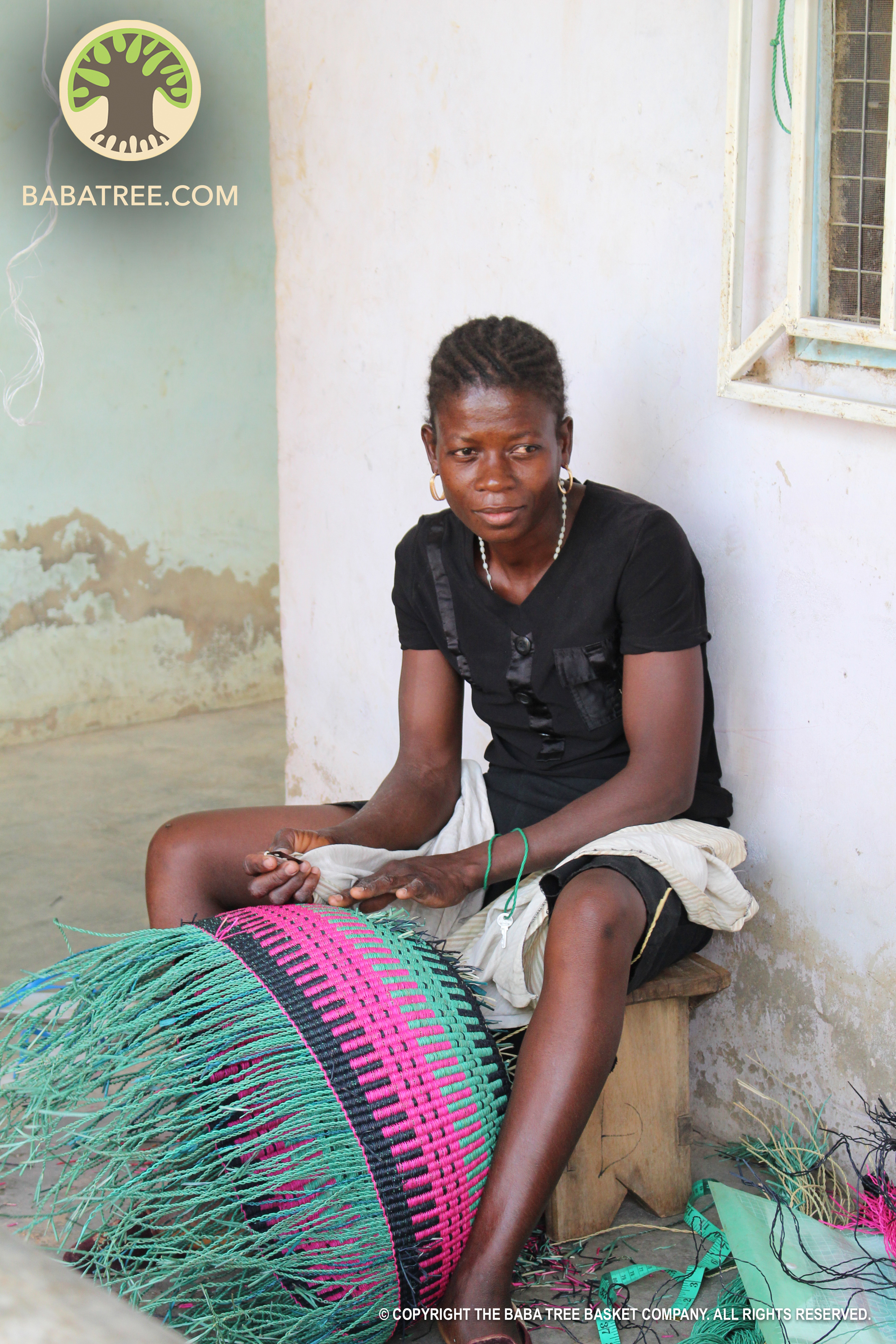
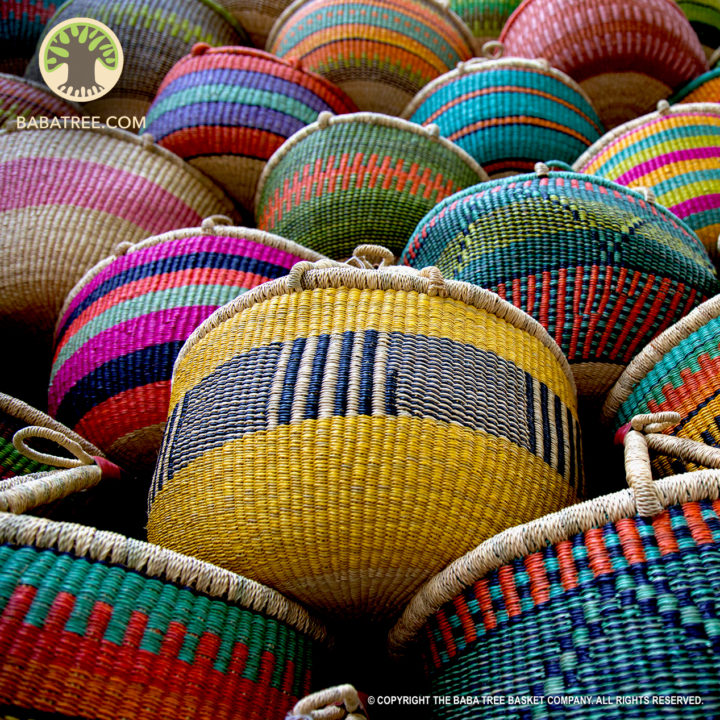
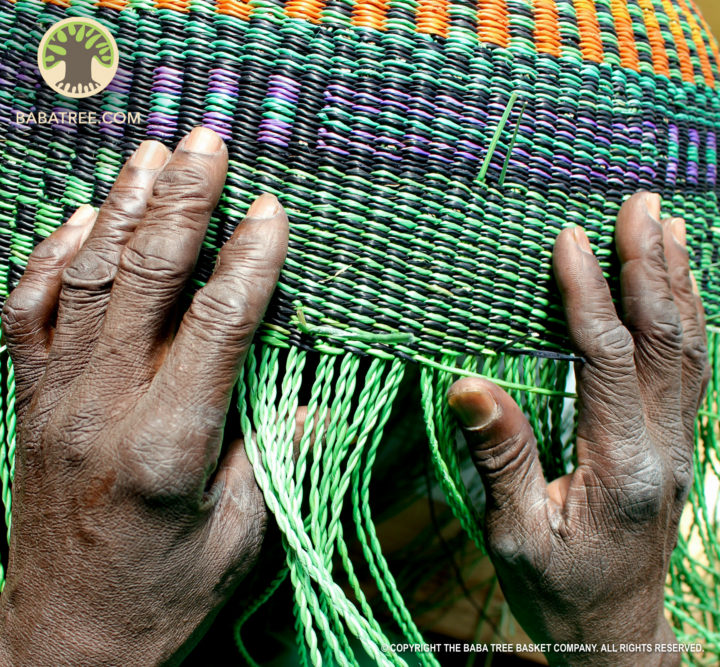
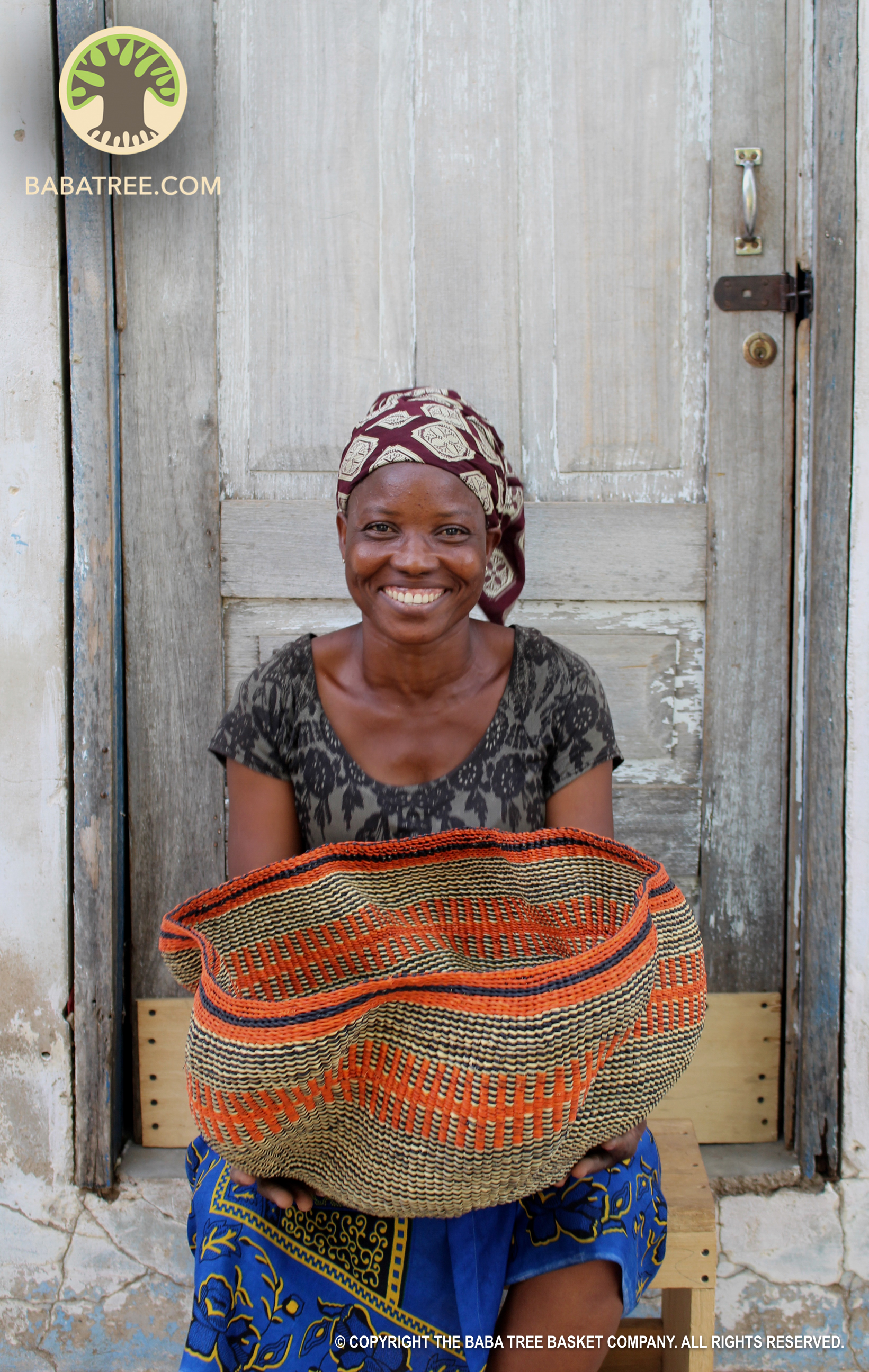
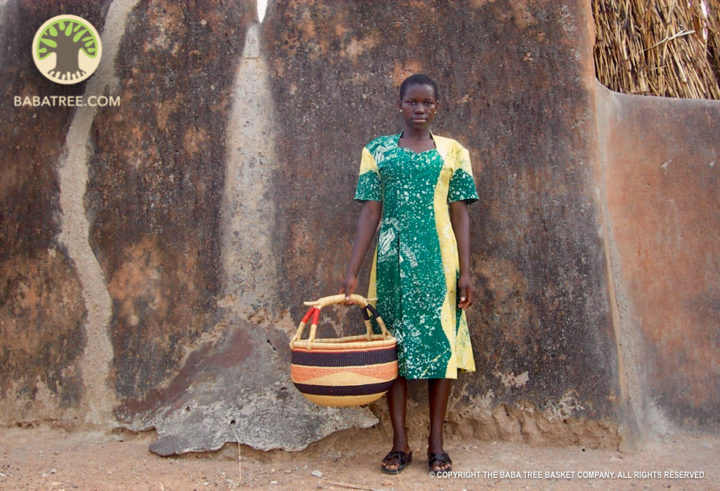
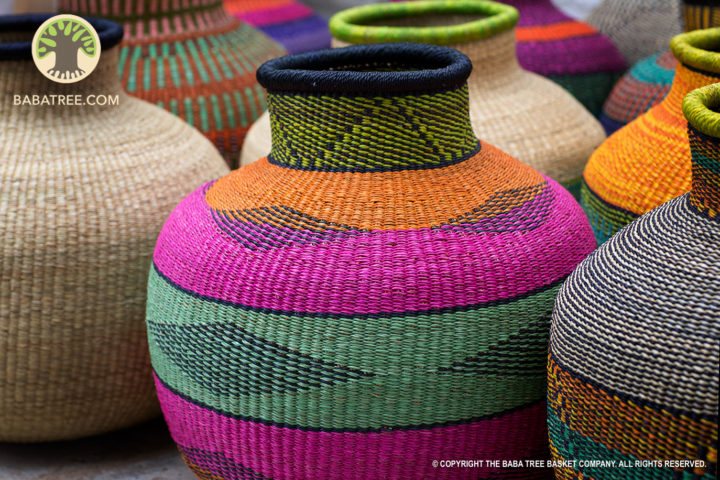
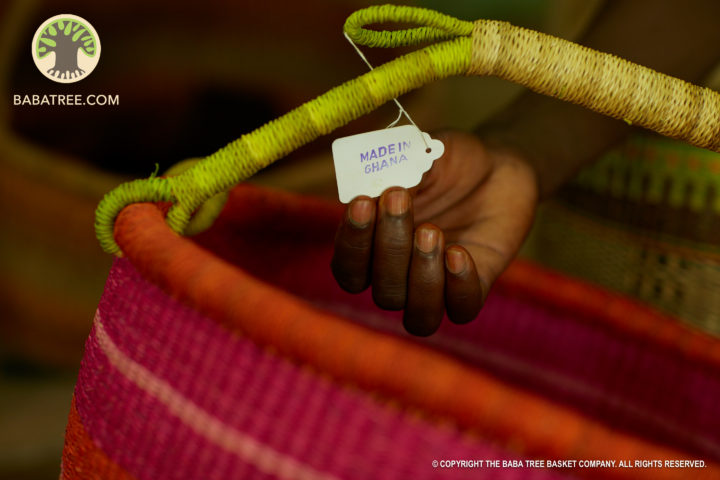




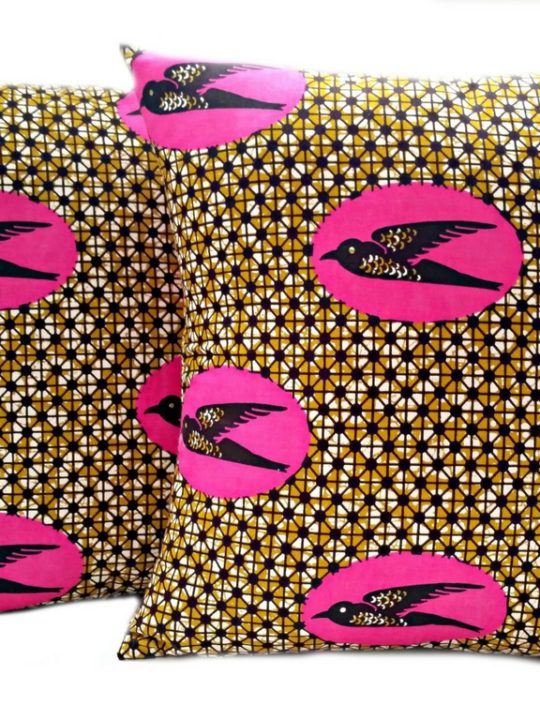
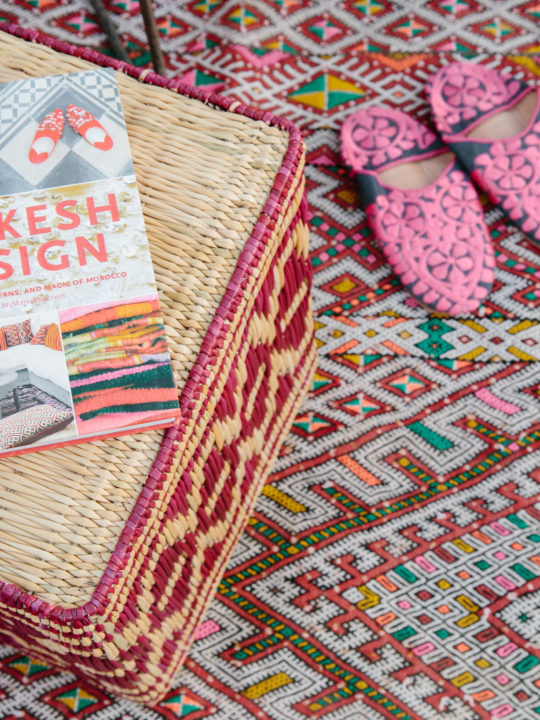


3 comments
We recently purchased a colorful, retro, unique and great quality basket for our bedroom. We were quite impressed with the collection of products Blue Print Africa carries. The founder is doing an amazing job working with the local women groups to create sustainable business.
This is awesome…learnt so much. First time hearing about most of the great women featured. Thanks for the brilliant work you’re doing raising our consciousness to consume more “made in Africa”. Bravo to Blue Print Africa and all the women featured !!
I love these! Congrats Nana!